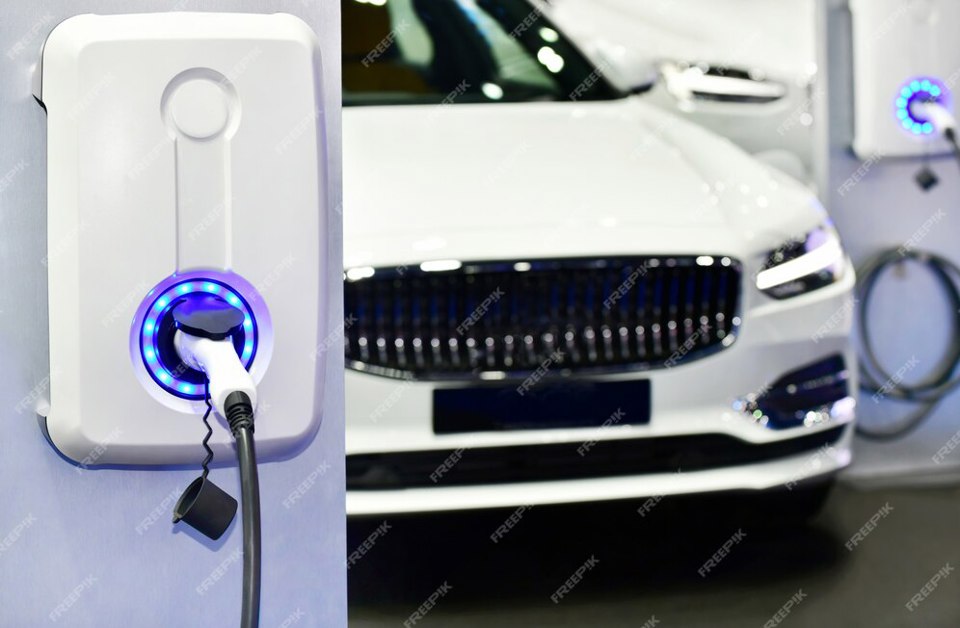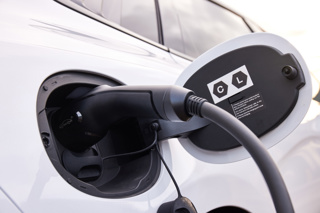The Electric Car Scheme has identified July 15 as the crossover day when a petrol driver spends more on fuel than an electric driver does for an entire year.
This milestone was discovered by analysing the annual fuel costs for the average UK driver travelling 7,400 miles annually. For petrol drivers, this cost is estimated at £1,268, while for electric car drivers, it is approximately £680.
According to the salary sacrifice leasing broker, a petrol driver will have spent more on fuel by mid-July than an electric vehicle (EV) driver will all year.
The Electric Car Scheme has identified July 15 as the crossover day when a petrol driver spends more on fuel than an electric driver does for an entire year.
This milestone was discovered by analysing the annual fuel costs for the average UK driver travelling 7,400 miles annually. For petrol drivers, this cost is estimated at £1,268, while for electric car drivers, it is approximately £680.
According to the salary sacrifice leasing broker, a petrol driver will have spent more on fuel by mid-July than an electric vehicle (EV) driver will all year.
This can vary based on the model of EV and charging times. For instance, with a Tesla Model Y Long Range charged on an off-peak tariff, this point could be reached as early as March 10.
The equivalent day for carbon emissions is March 5, when a petrol car will have produced more carbon emissions than an electric car will in an entire year of driving and power consumption.
While the UK's power grid still uses fossil fuels, EV driving is not entirely emissions-free. However, as more renewables are added to the grid, it said this day will occur earlier each year.
The Electric Car Scheme has named July 15 "Electric Car Day," highlighting the significant cost savings of electric cars, with average EV drivers essentially getting five months of free driving.
Since fuel prices and the energy price cap fluctuate, this day is not fixed each year. In 2023, with higher electricity prices, it fell on August 1, meaning EV drivers have saved even more on fuel in 2024.
The CO2 savings by EV drivers have also increased, as a larger share of electricity is generated by renewable sources, resulting in fewer emissions compared to petrol cars.
Thom Groot, CEO and co-founder of The Electric Car Scheme, commented: "For the rest of the year, electric car drivers can be confident that petrol drivers have already spent as much on fuel as they will for the entire year. Additionally, since early March, EV drivers have been driving virtually emissions-free compared to traditional cars, significantly reducing pollution in our communities and bringing health benefits."
"While it's well known that driving an EV reduces fuel costs and emissions, this is not always easy to visualise. That's why we created the concept of 'Electric Car Day' to highlight the substantial impact of switching to an EV. As we celebrate for the second year, we see this impact growing as electricity prices fall and more of it comes from renewable sources."
"We recognise that upfront costs remain higher for electric cars, which is the main barrier for many Brits. This is why we created The Electric Car Scheme, enabling more drivers to afford an EV through salary sacrifice, offering savings of up to 60% on a lease—similar to the Cycle to Work scheme, but for electric cars."
Login to continue reading
Or register with AM-online to keep up to date with the latest UK automotive retail industry news and insight.




















Login to comment
Comments
No comments have been made yet.